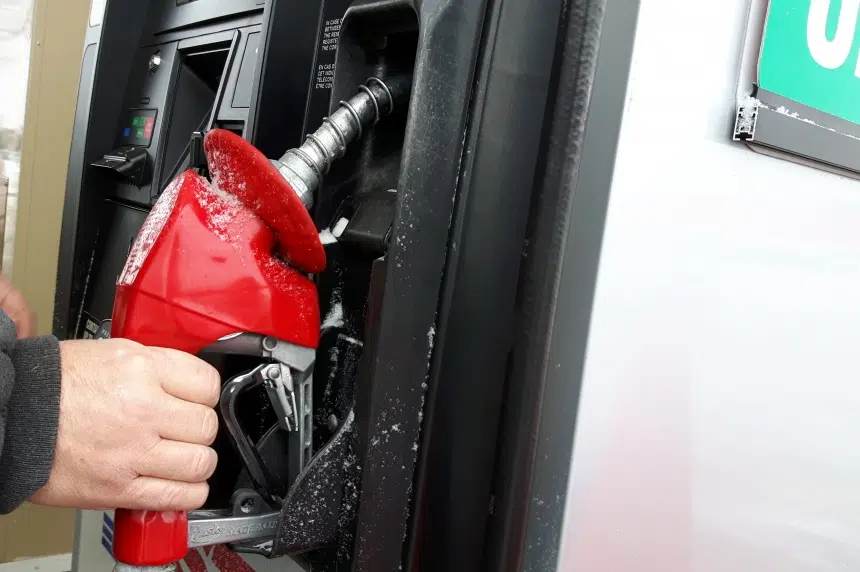With oil prices surging, your trip to the pump just got a whole lot more expensive.
As of Wednesday morning, filling up your vehicle could cost you as much as $1.44 a litre at some pumps throughout the province.
Dan McTeague, the president of Canadians for Affordable Energy, believes prices will only be getting worse in the near future.
“I think for a lot of people, it has caught everyone off guard,” McTeague said. “You’re likely to see some records break here in Saskatchewan, probably in the next couple of weeks.”
McTeague says he doesn’t see the previous record for gas prices from 2008 lasting until Remembrance Day; he says there is a good chance gas could reach $1.50 a litre by Christmas.
“It’s not going to get better, and it’s not just gasoline, it’s oil, it’s diesel, it’s natural gas,” he said. “I suspect that if we hit $1.50 here in Saskatchewan, the cries and demands that the federal government lay off its carbon tax may come into focus.
“This means the cost of everything we buy in Regina, everything we buy in Saskatoon, Saskatchewan, and right across the country is negatively affected. It raises the cost of living for everyone in ways that they can’t possibly imagine, well beyond fuel.”
This isn’t only happening in Canada according to McTeague. He says this is being felt across the globe.
“You are seeing oil rise as a result of jurisdiction and supply demands going through the roof,” he said. “At the same time you have this movement by institutional investors, say the stock markets (and) financiers, pulling money out of oil and gas investments.
“As a result, this is starving the world of something it needs now more than ever, and that has became pretty obvious in Europe, it has become very obvious in China and India and it’s now becoming pretty obvious in North America.”
En-Pro International chief petroleum analyst Roger McKnight shared a similar concern.
McKnight says The Organization of the Petroleum Exporting Countries (OPEC) has decided to stall production of crude oil, showing very little concern for rising oil prices in the process.
With production stalled, McKnight believes the current supply of oil is unable to meet the demand that is needed around the world.
“When natural gas prices go up, U.S. manufacturers say, ‘Let’s look for alternative fuel for energy purposes,’ and that would end up being diesel or fossil fuels. When diesel goes up, it also drags up the price of gasoline,” he said.
“The question should be, how is this going to stop? How is the price going to slow down? The only way you can do that is by lowering demand and that means where is the tipping point for the consumer as far as gasoline is concerned? When do they stop buying gasoline or diesel?”
McKnight also believes prices will get worse before they get better.
“We’re already in record territory. We are in uncharted waters,” he said. “These are the highest prices on record and they’re just going to keep on going until demand drops or supply increases.”
McKnight says the consumer will be the one who has to pay the biggest price at the end of the day.
“When these fossil fuel prices are jumping like they’re doing, it comes down to the consumer and that’s called inflation,” he said. “It just goes to show you that energy has no boundaries.”











